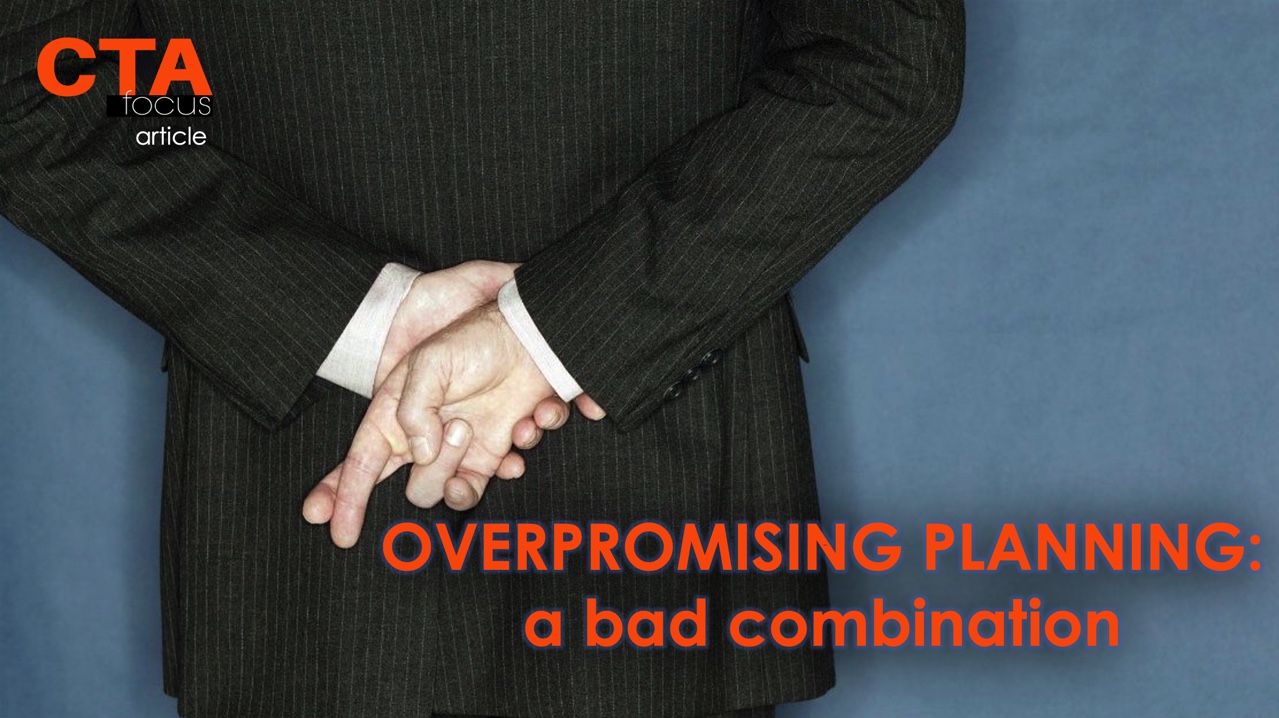
Escalation!
‘Escalation’ is usually treated as some very strong word meaning someone is in trouble causing some goose bumps when one sees this word in email subject line. For clinical research operations, escalation is more like a routine (depending on the severity, of course). During contract negotiations, the negotiator deals with the escalations every other day (exaggerating - let’s say, often) being not an object for escalation, but the one who initiates escalation.









